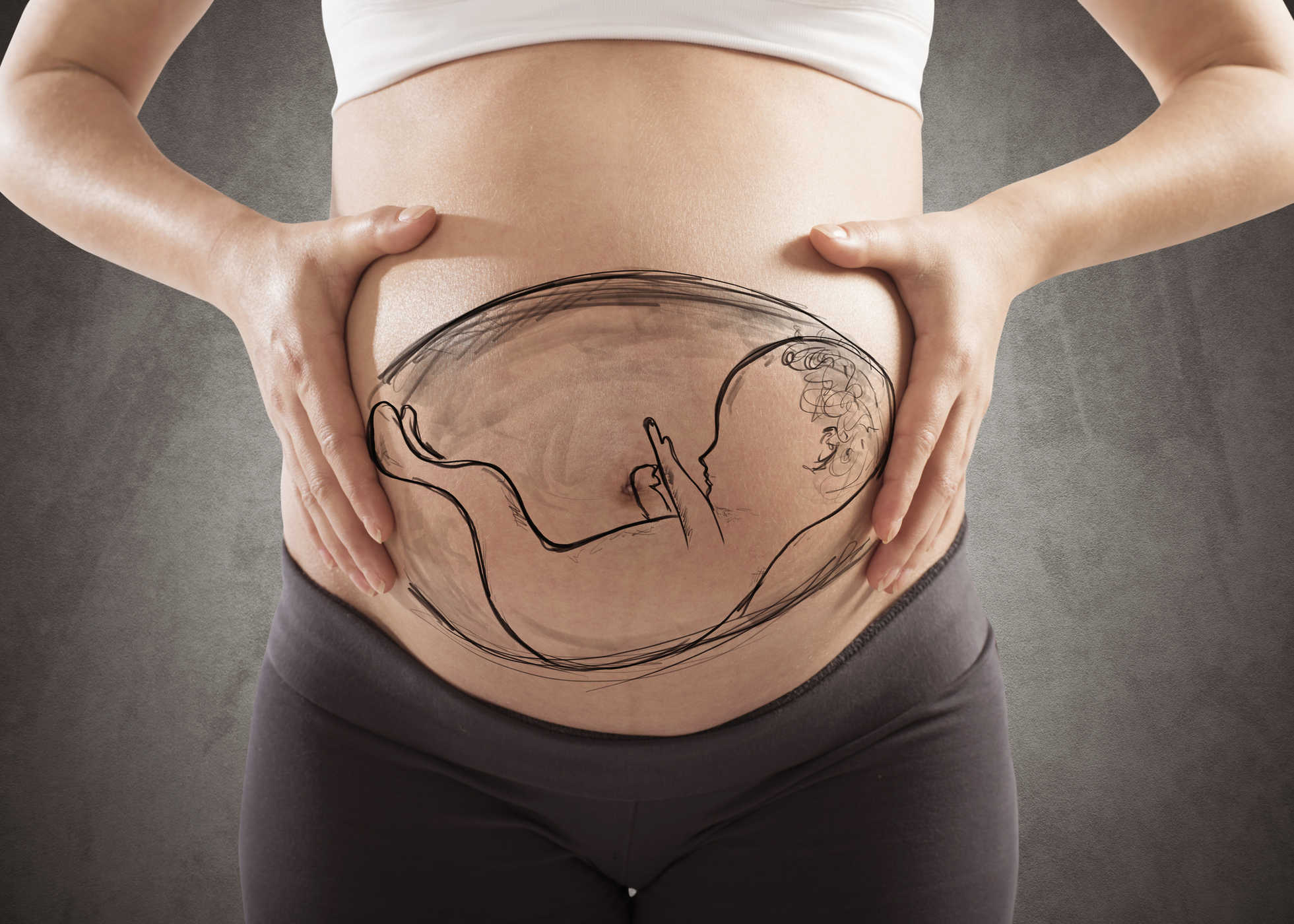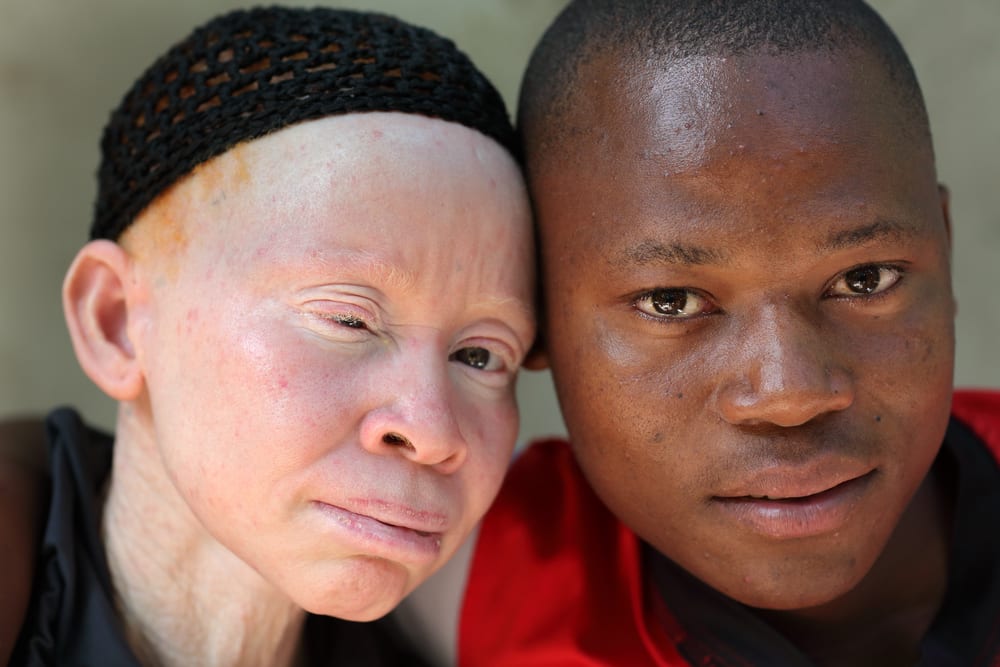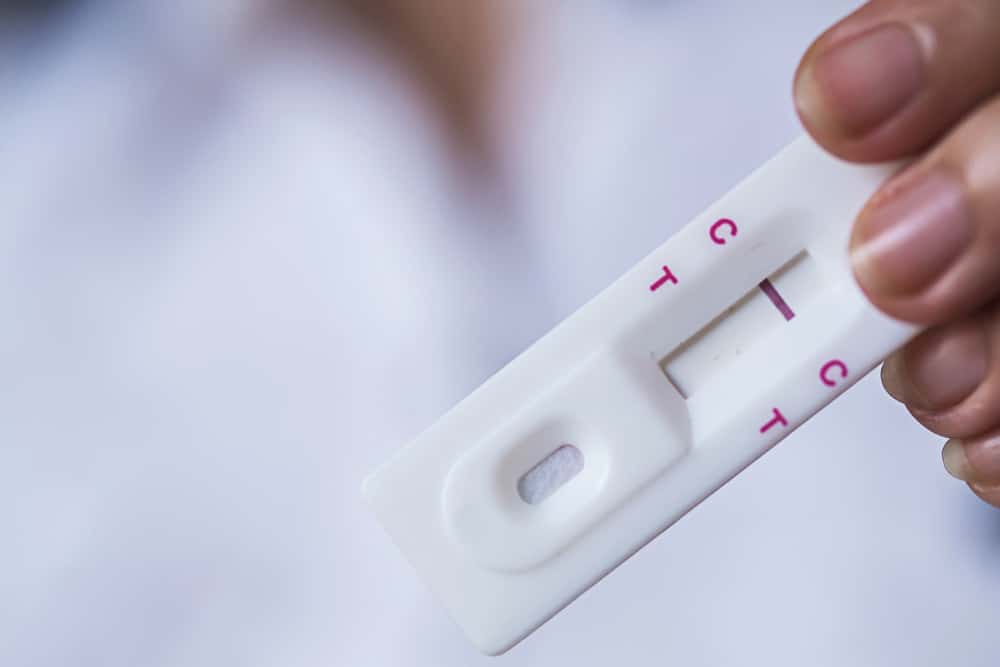Contents:
- Medical Video: Amazing Animation of a Fetus Growing in the Womb
- Amazing placental function for the life of the fetus
- 1. The placenta as a gland that produces hormones
- 2. The placenta provides nutrition for the fetus
- 3. The placenta protects the baby from infection
- 4. The placenta filters out harmful substances
- 5. The placenta acts as a lung
Medical Video: Amazing Animation of a Fetus Growing in the Womb
The function of the placenta is a place of life for your baby. That is why, during pregnancy the placenta or commonly called the placenta plays an important role.
Most people refer to the placenta as the 'brother' of the baby during the womb because it is the placenta that protects and protects the baby in the womb. Basically, more placental function is to become a support system for the survival of the fetus in the mother's womb.
Amazing placental function for the life of the fetus
Check out the following amazing placental functions:
1. The placenta as a gland that produces hormones
During pregnancy, the placenta functions as a gland to release all the important hormones needed to help the baby's growth and preparation for breastfeeding. Some hormones released by the placenta, namely: Human Chorionic Gonadotropin (hCG), progesterone, estrogen, and human lactogen placenta. These hormones are needed to increase blood flow, stimulate the growth of the uterus and breast tissue, strengthen the lining of the uterus, and accelerate the metabolism of the mother's body.
2. The placenta provides nutrition for the fetus
When eating, your body breaks down food and protein to enter the bloodstream. Well, during pregnancy, nutrients that are carried through the mother's bloodstream will flow to the placenta. Through the umbilical cord connected to the baby, this nutrient intake will be transferred directly to the fetus.
This is what later becomes the food of the baby during pregnancy which supports its growth and development. That is why, it is very important for mothers to pay attention to nutritional intake and nutrition during pregnancy.
3. The placenta protects the baby from infection
Before giving birth, the baby gets antibodies through the placenta. Antibodies help protect the immune system for the baby's early life. In some situations, the placenta can help protect the fetus from infection while in the womb. If the mother has a bacterial infection, the placenta helps protect the baby from the bacterial infection. But in some cases of serious viral infections, the placenta may not be able to provide effective protection.
4. The placenta filters out harmful substances
The other placental function in infants acts like a kidney, which filters the blood to remove harmful substances and wastes that are not needed. For example carbon dioxide, which is then passed on to the mother's bloodstream and then removed by the system in the mother's body.
5. The placenta acts as a lung
The placenta serves to provide 100 percent of the baby's oxygen needs. Just like your body that provides oxygen to all organs and tissues through the bloodstream, your body will also send oxygen to the baby through the placenta. The placenta transfers the oxygen that the baby needs to the baby's umbilical cord to flow to the baby's bloodstream. So when you breathe, you also breathe for your little one.












